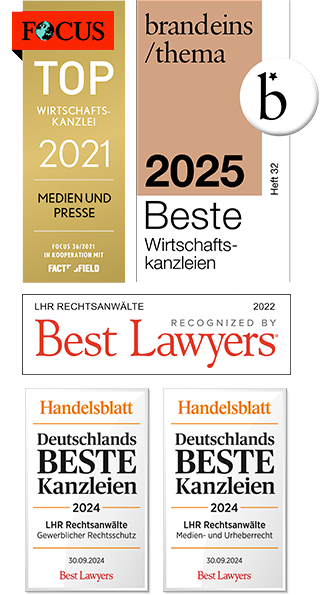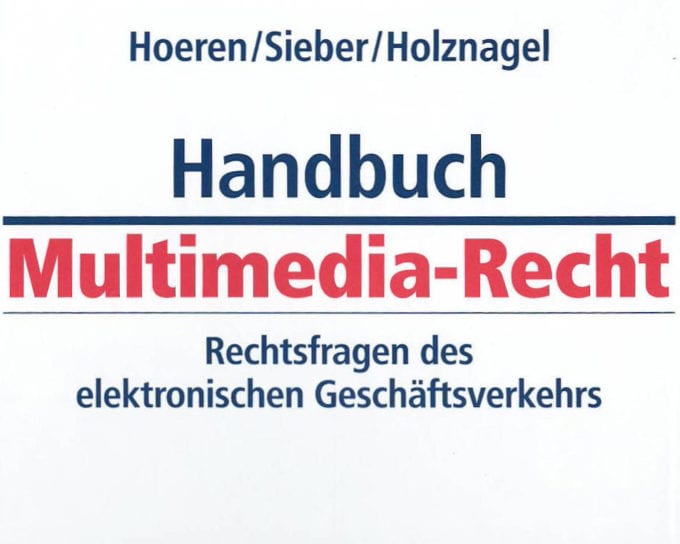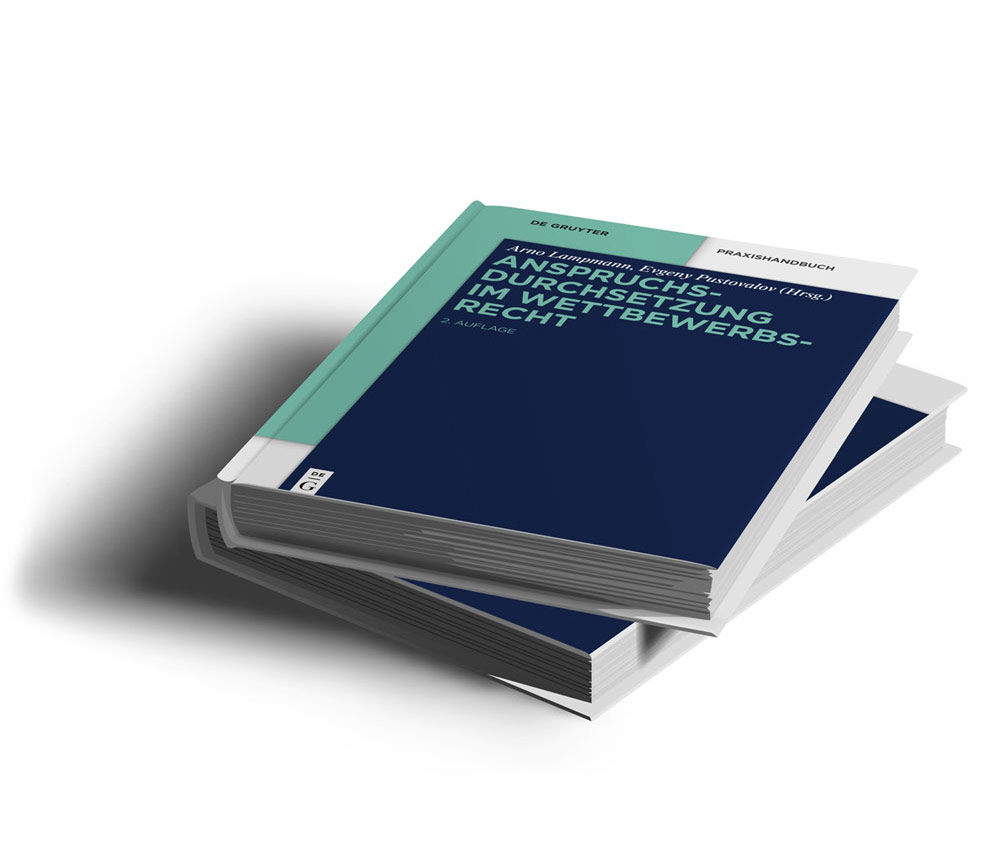Overview
The fight against unfair advertising (misleading, disparaging, incorrect assertions)
The law against unfair competition categorically forbids the misleading of the consumer or other prospective buyers. Disparagement, baseless negative reviews or inaccurate assertions are also not allowed in competition, and not only when they present a decisive competitive advantage to the person responsible.
But in many cases, that is precisely what occurs: Disparaging a competitor will inevitably result in the elevation of the opponent. In the marketplace, that is usually accompanied by clear displacement of the respective competitive standing, which will have an impact on sales and profits. Such market interference is forbidden in Germany. Specialist law firms such as LHR – Brands, Media, Reputation – and attorneys for industrial property protection ensure that the Unfair Competition Act is enforced on behalf of their clients. Even violations caused by negligence can be reprimanded and be levied with a penalty in case the issue cannot be mutually clarified.
Today a good reputation on the internet is crucial.
LHR – Experts in demand
Because the attorneys of LHR undergo regular advanced training and, in particular, are active in the forensic activities of by now several thousand legal proceedings (frequently of multiple instances), they are at all times up to date. LHR is considered to be one of the leading law firms in Germany, both in the assertion of rights and in the defense against attacks.
LHR partner Arno Lampmann has made a name for himself by virtue of his extensive experience not only in practice but also as an author. He is a writer for Legal Tribune Online (LTO) and the author of the piece “Procedural peculiarities of the Law of Unfair Competition” in the legal standard work, “Multimedia-Rights” (Hoeren/Sieber/ Holznagel).
Affected competitors have the right to injunctive relief and compensation for damages – and, of course, that the damaging assertions are retracted, deleted or corrected in terms of the aggrieved party. If time is of the essence, the person who was harmed may use the legal remedy of a preliminary injunction through which a judicial mandate forbids the injuring party from engaging in unfair competition. A preliminary injunction is also the right choice when the process opponents are unable to come to an agreement and there is reason to believe that the damaging content will remain published until the filing of a complaint and the pronouncement of judgment. Those affected by a warning letter can also induce legal proceedings by forcing the opponent into the continuation of a legal trial by using a so-called “counterclaim”. The injunctive relief defined through a warning letter or preliminary injunction remains in force until the judgment.
The contractual penalty is a powerful and effective means to ensure a long-term injunctive relief. Injunctive penalties are due when legal violations are continued subsequent to a warning letter and a declaration of discontinuance.
LHR achieves a prohibition on misleading advertising: “Of course” from non-genetically modified plants
This claim was correct. But it was also indisputable that these advertised products that were on the market (at least EU-wide) had never previously existed in a genetically modified version. It was therefore suggested to the consumer that there was a risk of buying such genetically modified products from a market competitor – a risk that did not exist with this particular defendant. Such an argument would have carried significant weight with the consumer in times of increasing awareness for environmental and sustainability issues.
Arno Lampmann, founder of the firm, partner and specialist attorney for industrial property protection: “Competition law ensures that the laws of the game are complied with. Don’t hesitate to also demand that your competitor sticks to the rules. That not only re-establishes a fair competition but also wins you the respect of your competitors.”









